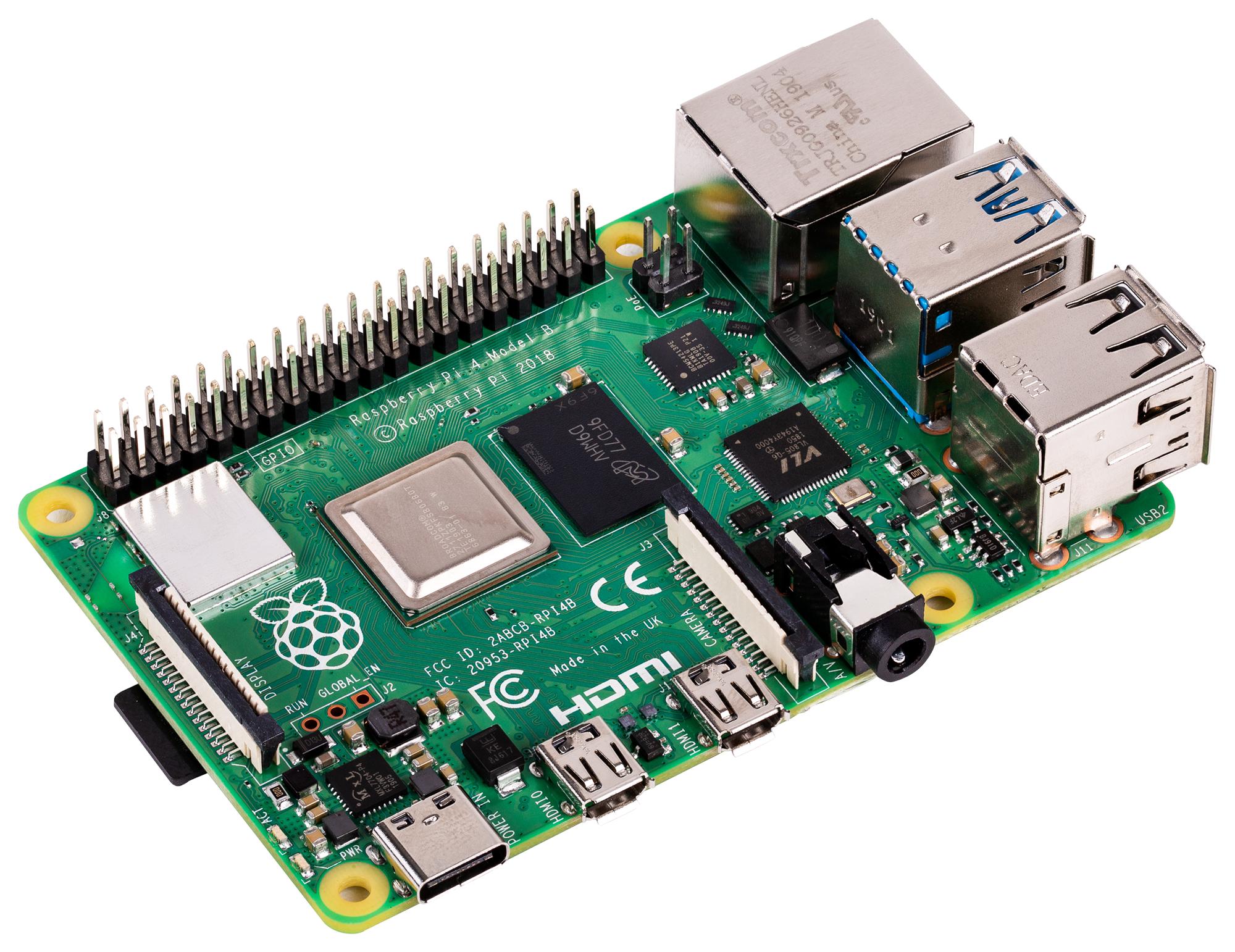A Raspberry Pi is a small, single-board computer that can be used for a variety of tasks, such as creating a home media center, building a robot, or learning to code. It’s a powerful little device, but it’s also relatively fragile. If your Raspberry Pi is damaged or lost, you could lose all of your data.
That’s why it’s important to back up your Raspberry Pi regularly. A backup is a copy of your data that you can restore in the event of a disaster. There are a few different ways to back up your Raspberry Pi, but the most common method is to use a USB drive.
To back up your Raspberry Pi to a USB drive, you’ll need to install a backup program. There are a few different backup programs available, but the most popular one is Pi Imager. Pi Imager is a free and easy-to-use program that can be installed on your Windows, Mac, or Linux computer.
Once you’ve installed Pi Imager, you can use it to create a backup of your Raspberry Pi. To do this, simply connect your USB drive to your computer and launch Pi Imager. Then, select the “Backup” option and choose your Raspberry Pi as the source. Pi Imager will then create a backup of your Raspberry Pi and store it on your USB drive.
Once you’ve created a backup of your Raspberry Pi, you can store it in a safe place. If your Raspberry Pi is ever damaged or lost, you can use your backup to restore your data.
**Tips for Backing Up a Raspberry Pi**
* Make sure to back up your Raspberry Pi regularly. The more often you back up, the less data you’ll lose if something goes wrong.
* Use a reliable backup program. There are a few different backup programs available, but not all of them are created equal. Make sure to choose a program that is reliable and easy to use.
* Store your backup in a safe place. Make sure to store your backup in a place where it will be safe from damage or theft.
* Test your backup regularly. Make sure to test your backup regularly to make sure that it is working properly. If you find that your backup is not working, you can use it to restore your data from a previous backup.
Backing Up a Raspberry Pi
